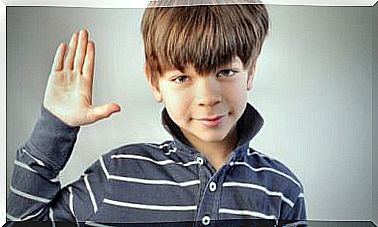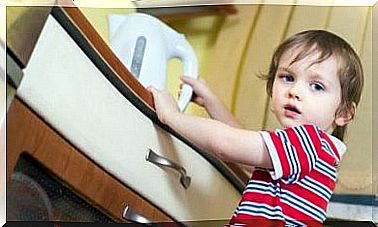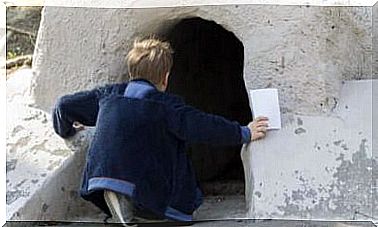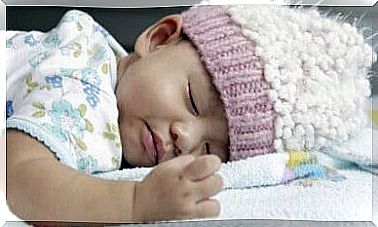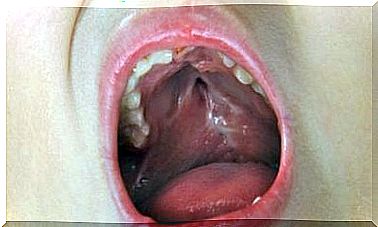What If Your Child Hits Others At School? – Being Parents

This is a situation that frightens parents and teachers alike, as it could ultimately make them a violent person. It is, of course, an emotional shock and a difficult situation for parents.
These violent actions in children endanger the physical and mental integrity of other classmates. And, of course, the child’s future personality and any friendships he or she can make are at stake. So if your child hits others in school, you have to act quickly.
Maybe you think that you are doing things wrong with your child. It also generates a feeling of unease, because when this happens you don’t have all the keys in hand to resolve the situation.
This kind of thing usually happens when the child is very impulsive or things at home are not going well at all. However, this could be because he wants to imitate someone or he wants to get attention.
If, during his childhood, the child notices that between his parents or in his environment, there is aggression, your child is very likely to adopt this behavior on his own. By aggressive environment we mean shouts, insults or even beatings.
On the other hand, if he sees that a close relative treats others badly and is violent, he can quickly adopt that way of being, too. This is often how a child hits others at school for the first time.
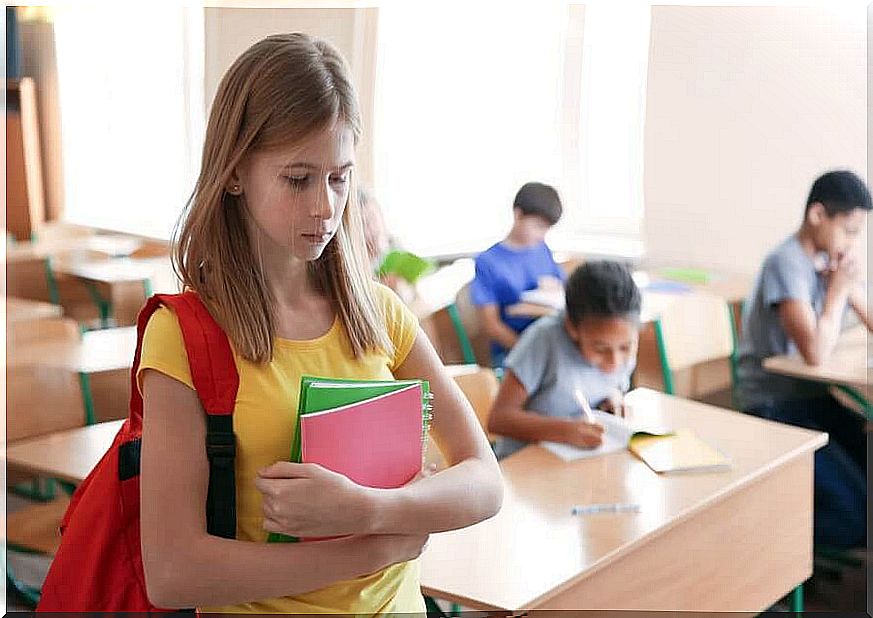
What might happen if my child hits others at school?
If your child is hitting others at school, the first thing to consider is that he or she may be hitting themselves by other children. Indeed, the degree of tolerance that his companions might have with him would come to an end. They could then decide to sort things out on their own.
On the other hand, the school board could take drastic measures in this regard. This can go as far as school exclusion or expulsion from the establishment.
His companions might reject him and he would end up being alone. He will then not find anyone to stay with him. Indeed, the social impact is also of paramount importance in these cases, because the entourage with which the child or the teenager develops with this behavior could begin to reject it.
The saddest and most feared case for parents if the behavior is completely out of control is that they transfer it to a recovery center.
1. Communicate with your child
Talk sincerely to your children about what is happening to them, explain to them how you can help them. It is always important to have open communication with children to find out about their concerns, problems, goals and dreams.
When the case is premature and the child is smaller, a child psychologist can help shape the child’s way of being.
2. Consult a professional
If the behavior is already very marked, the specialist will be able to treat this case in more depth. Sometimes children feel more comfortable talking about their problems with a stranger than with their own parents. So we could find a faster solution to this problem with the help of someone specializing in this field.

3. Teach him that this is not the right path
You should not make the attacked child react in the same way. Remember that “violence calls for violence”. Therefore, you must promote his ability to dialogue and his ability to manage situations of determined stress or get out of his comfort zone.
4. Set an example
Show your tolerance wherever you go with your children. Many times you will encounter unpleasant situations, such as in traffic jams or in the queue of supermarkets. If you act violently with your words in front of your children, he will understand that it is a form of defense and he will use it in the future to solve his problems.
5. Encourage healthy family life based on respect.
Finally, promote a healthy family life. Give your children what they deserve without overloading them, and try not to focus on the material side of life. Feed family love and control what your little ones do without invading their space.
You need to be very aware of what they see on the television and the video games that they are using. In addition, you need to motivate them to play a sport or a complementary activity that helps them release excess energy and stress.

